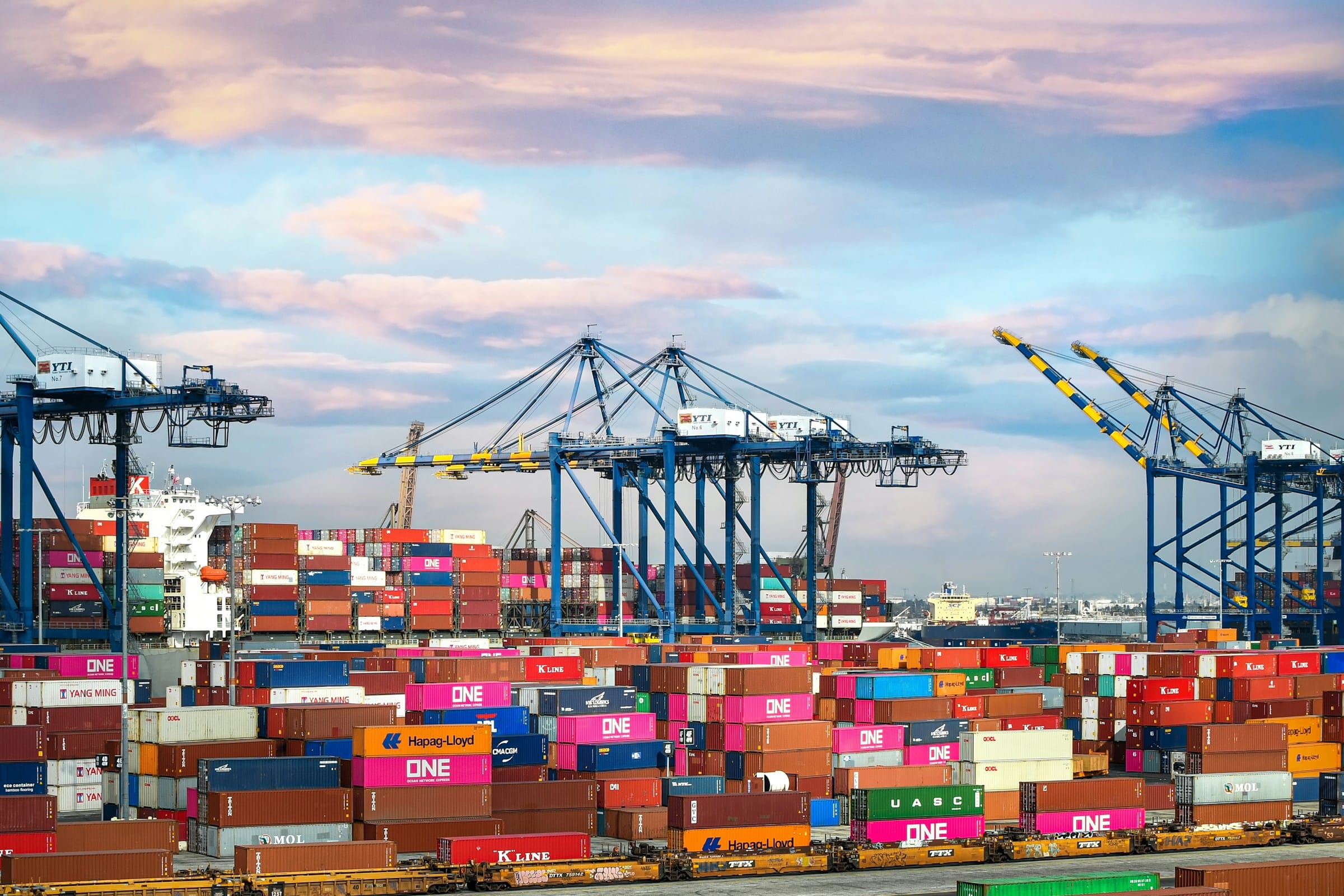If you are operating a water sports equipment rental business in the UK, it is essential to ensure your operation adheres to the necessary marine safety regulations. These regulations are not merely legal obligations; they are also imperative for ensuring the safety of your customers and the longevity of your business. This article will guide you through the process of ensuring your business complies with these regulations, from understanding the proposed safety standards to implementing them in your day-to-day activities.
Understanding the UK Marine Safety Regulations
Before you can ensure your business complies with UK marine safety regulations, it is important first to understand what these regulations entail. The UK’s maritime authority oversees these regulations, encompassing a wide range of factors from vessel construction and maintenance to safety equipment and navigation procedures.
Avez-vous vu cela : What detailed tax considerations must a UK-based freelance software developer take into account?
The specific regulations applicable to your business will depend on several factors, including the type of vessels you offer for rent, the waters in which these vessels are used, and the activities for which they are intended. For example, requirements for a business offering stand-up paddleboards at a calm, shallow beach will be different from those for a business offering powerful motorboats for use in open waters.
To familiarise yourself with the specific regulations for your business, it is recommended to consult an expert or legal professional specialising in maritime law. They can provide you with a detailed understanding of your obligations as a business operator and guide you on the steps needed to ensure compliance.
A voir aussi : How can a UK-based virtual reality theme park ensure compliance with amusement ride safety regulations?
Implementing Safety Standards in Vessel Construction and Maintenance
One of the key aspects of complying with marine safety regulations is ensuring the vessels you offer for rental are constructed and maintained to the necessary safety standards. This process begins at the point of purchasing or constructing your vessels.
Before acquiring a vessel, it is crucial to confirm that its construction complies with the UK’s maritime safety standards. This includes aspects such as the vessel’s structural integrity, the quality of its materials, and the safety of its design. After acquiring a vessel, regular maintenance is needed to ensure it remains in compliance with these standards.
Regular inspections should be part of your business plan to detect any possible issues in time. This includes checking for damage, wear and tear, and ensuring all safety equipment onboard is in good condition and complies with the required regulations.
Adherence to Operational Safety Procedures
Operational safety procedures are another key aspect of marine safety regulations. These procedures cover the day-to-day activities involved in running your rental business, including the handling and operation of your vessels, and the provision of safety briefings to your customers.
Ensuring your staff are fully trained in these procedures is crucial. They must be aware of the legal requirements for operating vessels, know how to respond in case of emergencies, and able to ensure all customers are briefed on safety procedures before they rent your equipment.
Detailed records of these procedures, including any safety briefings and checks performed, should be kept. This will not only ensure your business remains in compliance with the regulations, but will also provide a valuable record in case of any safety incidents or inspections.
Navigating the Application Process for Regulatory Compliance
Ensuring your rental business complies with marine safety regulations is not a one-off task, but an ongoing process. This includes regularly updating your knowledge of the regulations, as these can change over time, and taking steps to ensure your business remains in compliance.
One crucial part of this process is the application for any necessary permits or licences. This will usually involve providing evidence of your compliance with the regulations, such as records of vessel inspections and maintenance, and documentation of your safety procedures.
Applying for these permits can be a complex process, and you may wish to seek professional assistance. A maritime law expert can guide you through the application process, ensuring you understand all the requirements and providing advice on how to meet them.
Offering a Safe and Compliant Product to Your Customers
Compliance with marine safety regulations is not just a legal obligation; it is also a key part of offering a safe and desirable product to your customers. Customers who are confident in your safety procedures and the quality of your vessels will be more likely to choose your business over competitors.
In addition to meeting legal requirements, consider how you can go above and beyond to ensure the safety of your customers. This could include offering additional safety equipment, providing thorough safety briefings, and ensuring your staff are well trained in emergency procedures. By doing so, you can foster a reputation as a responsible and trustworthy business, helping to attract and retain customers.
Remember, a business that values safety is a business that values its customers. With careful planning, ongoing vigilance, and a commitment to excellence, you can ensure your water sports equipment rental business not only complies with UK marine safety regulations, but also sets a high standard in customer safety and satisfaction.
Implementing Safety Protocols for Rental Activities
The daily operations of your water sports equipment rental business play a significant role in ensuring marine safety compliance. These regulations encompass every step of the rental process, from the initial interaction with customers to their safe return from the water.
The provision of safety briefings forms a central part of these procedures. Your staff must be trained to deliver comprehensive, clear, and concise information about the safe operation of your equipment. This includes educating customers about the potential hazards associated with the equipment they’ve chosen and the body of water they’ll be using it in. Always remember, the safety of your customers should be prioritised.
The upkeep and maintenance of safety equipment is another area of concern. Providing equipment such as life jackets, helmets, and other safeguards in excellent condition will increase customer confidence in your business and ensure regulatory compliance. Regular inspections of safety gear should be part of your business plan.
Moreover, consider the handling and operation of your vessels. Employees should have a thorough understanding of how each piece of equipment functions, and be proficient in demonstrating it to customers. If a customer is renting a piece of equipment for the first time, a detailed demonstration could prove crucial.
Conclusion: Ensuring Safety for Long-Term Success
Complying with marine safety regulations is not just about ticking boxes on a legal checklist. It’s about fostering a commitment to safety that permeates every level of your business – a commitment that will help you stand out in the competitive landscape of water sports equipment rental.
By ensuring your vessels are built and maintained to the highest safety standards, implementing thorough operational safety procedures, and navigating the regulatory application process effectively, you can create a business that is not only compliant but is also respected and trusted by your customers.
Going beyond basic compliance and striving for excellence in safety can be a strong selling point. Offering additional safety features, regularly updating your procedures, and investing in staff training can boost your reputation and customer satisfaction levels.
Your business plans should always aim for a higher level of safety than what is expected. Remember, a safe customer is a happy customer, and their positive experiences will contribute to the long-term success of your business. Make marine safety a cornerstone of your rental business, and you will create a strong foundation for growth and profitability in the highly competitive UK market.
In the end, adherence to marine safety regulations is not only an obligation but a commitment to protect your customers and safeguard your business. Your dedication to safety will be recognised by your customers and will contribute to establishing a reputable and successful water sports equipment rental service.






